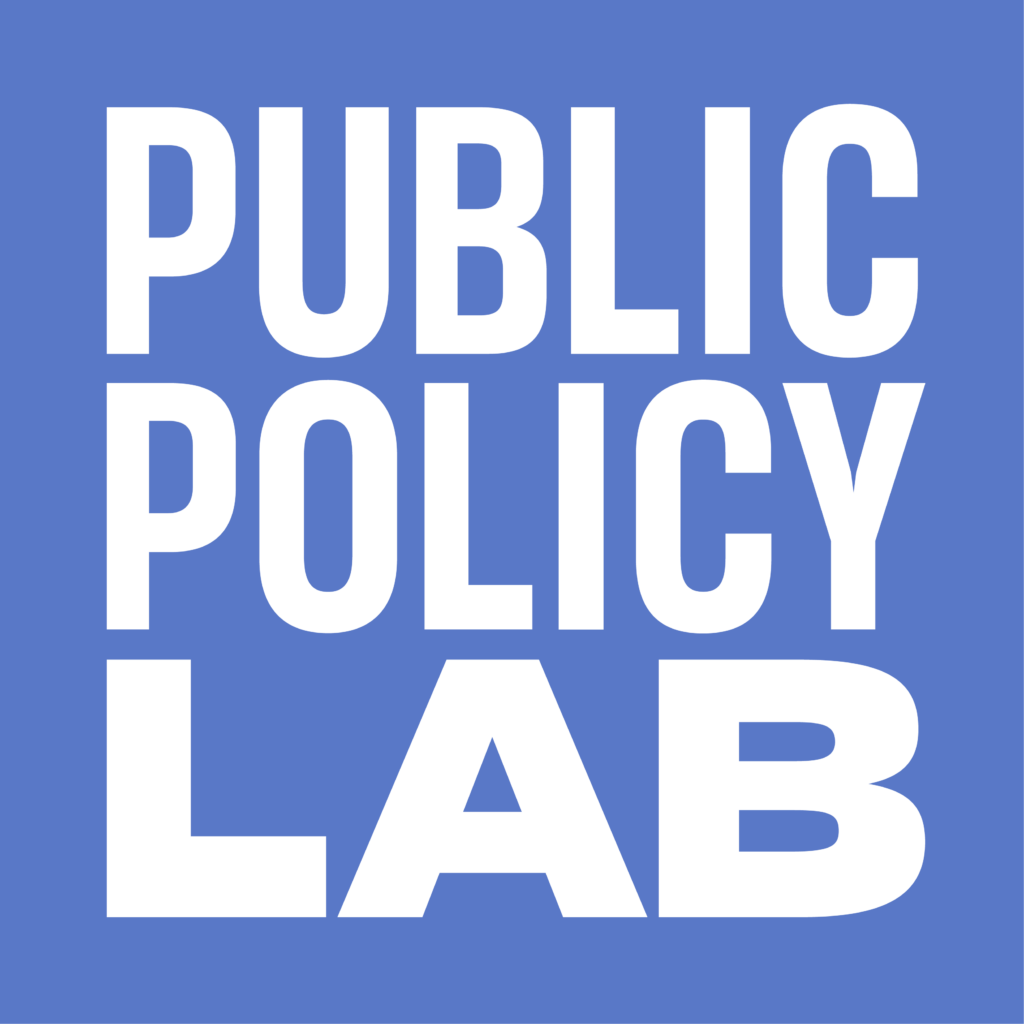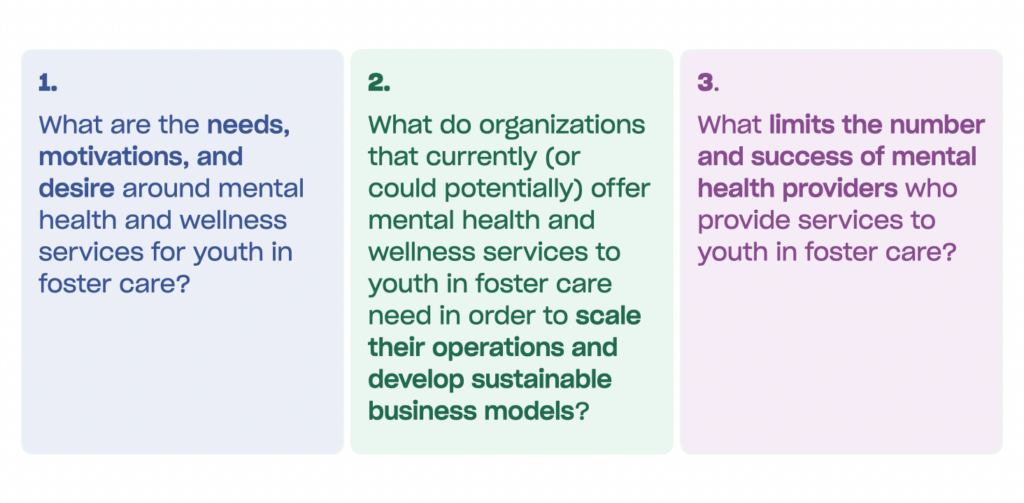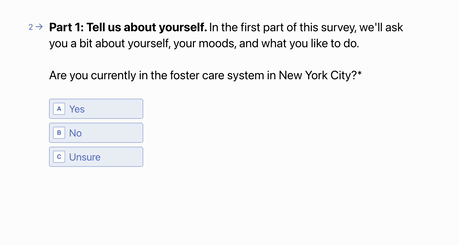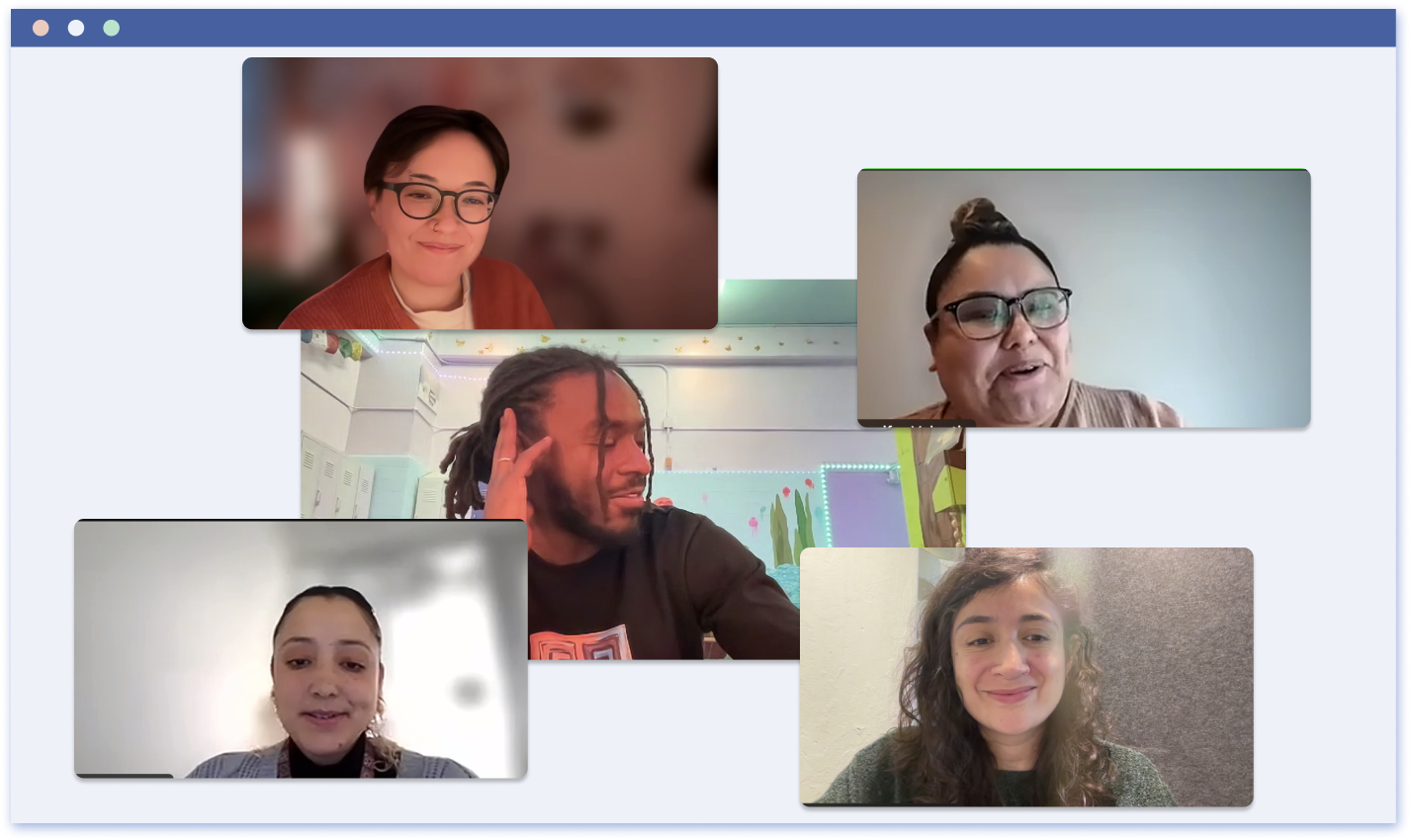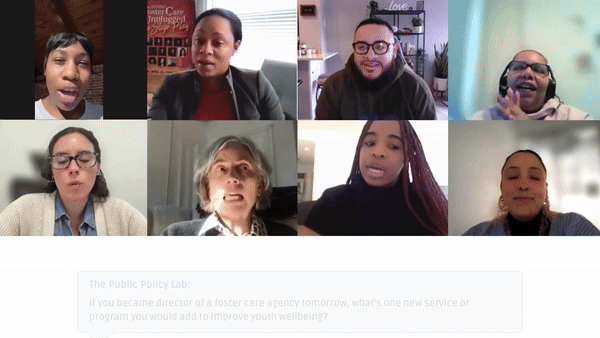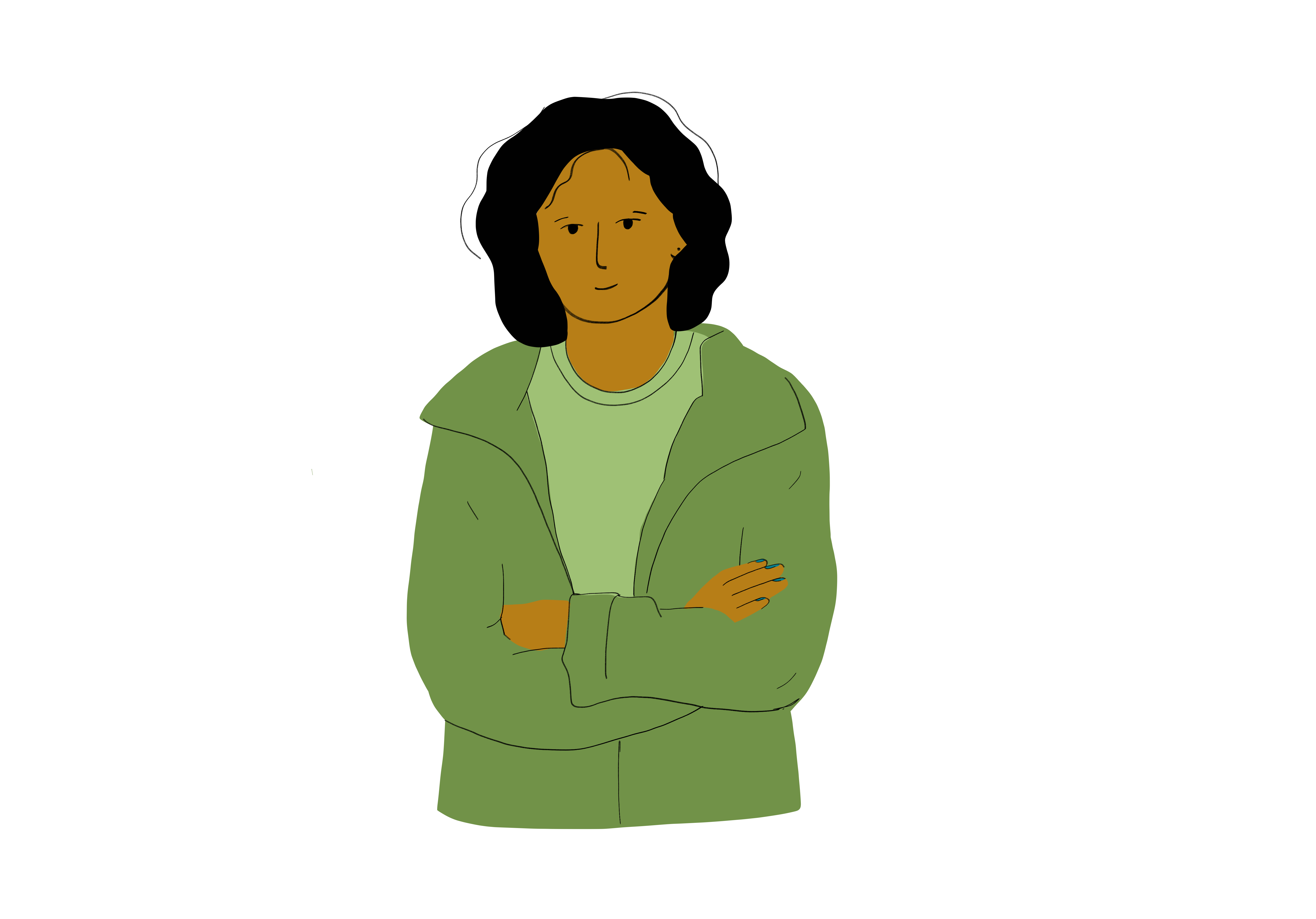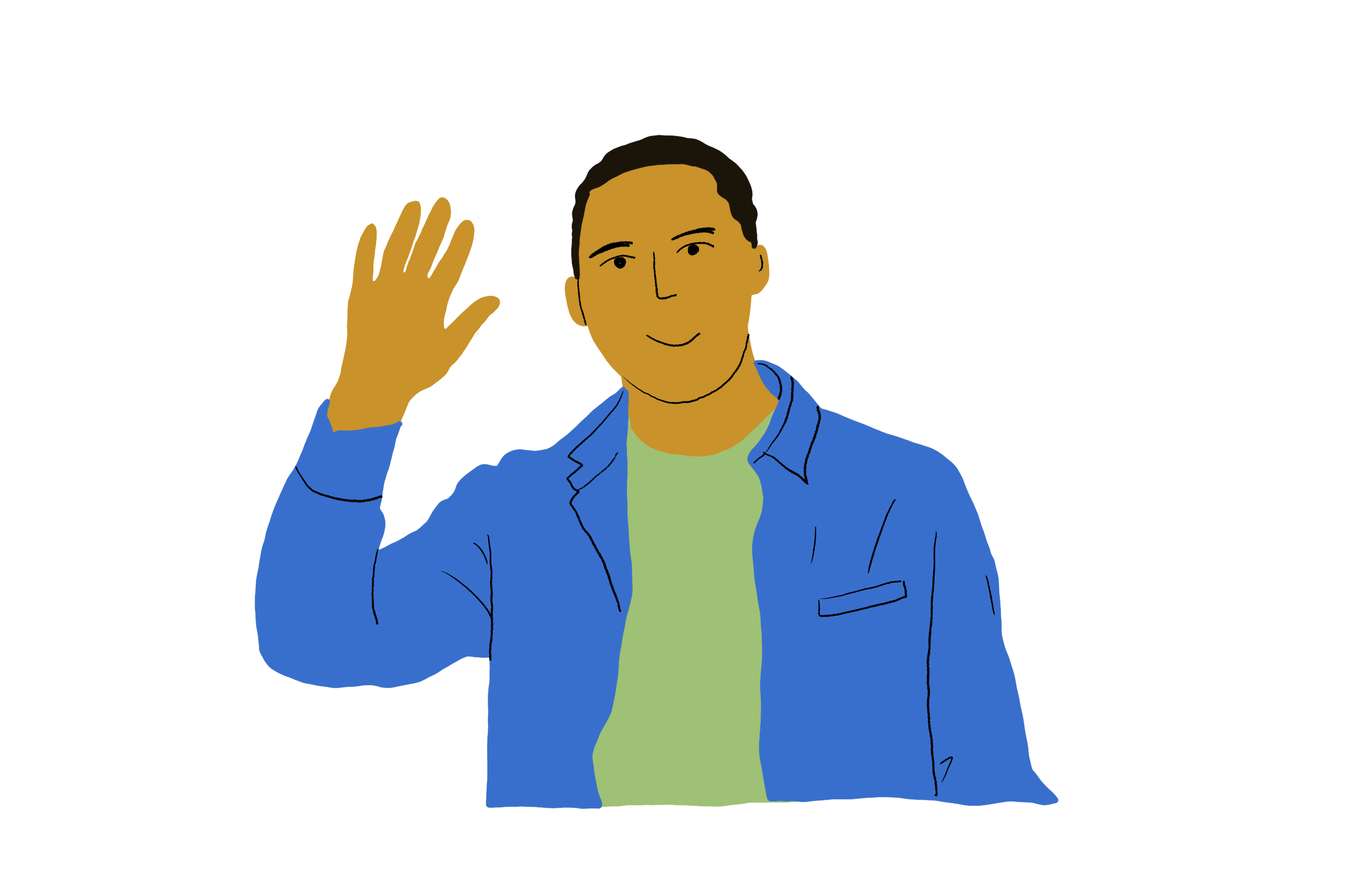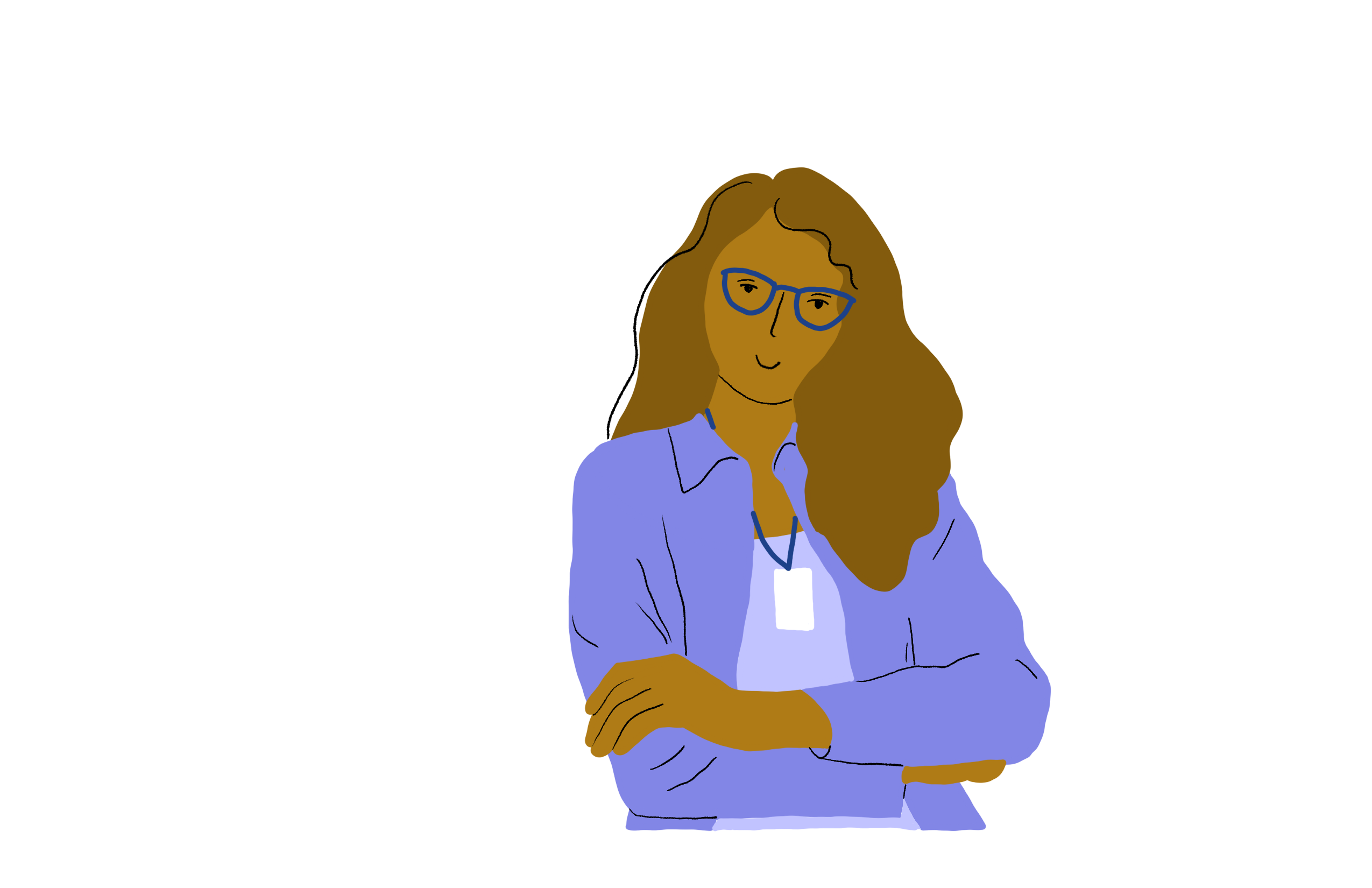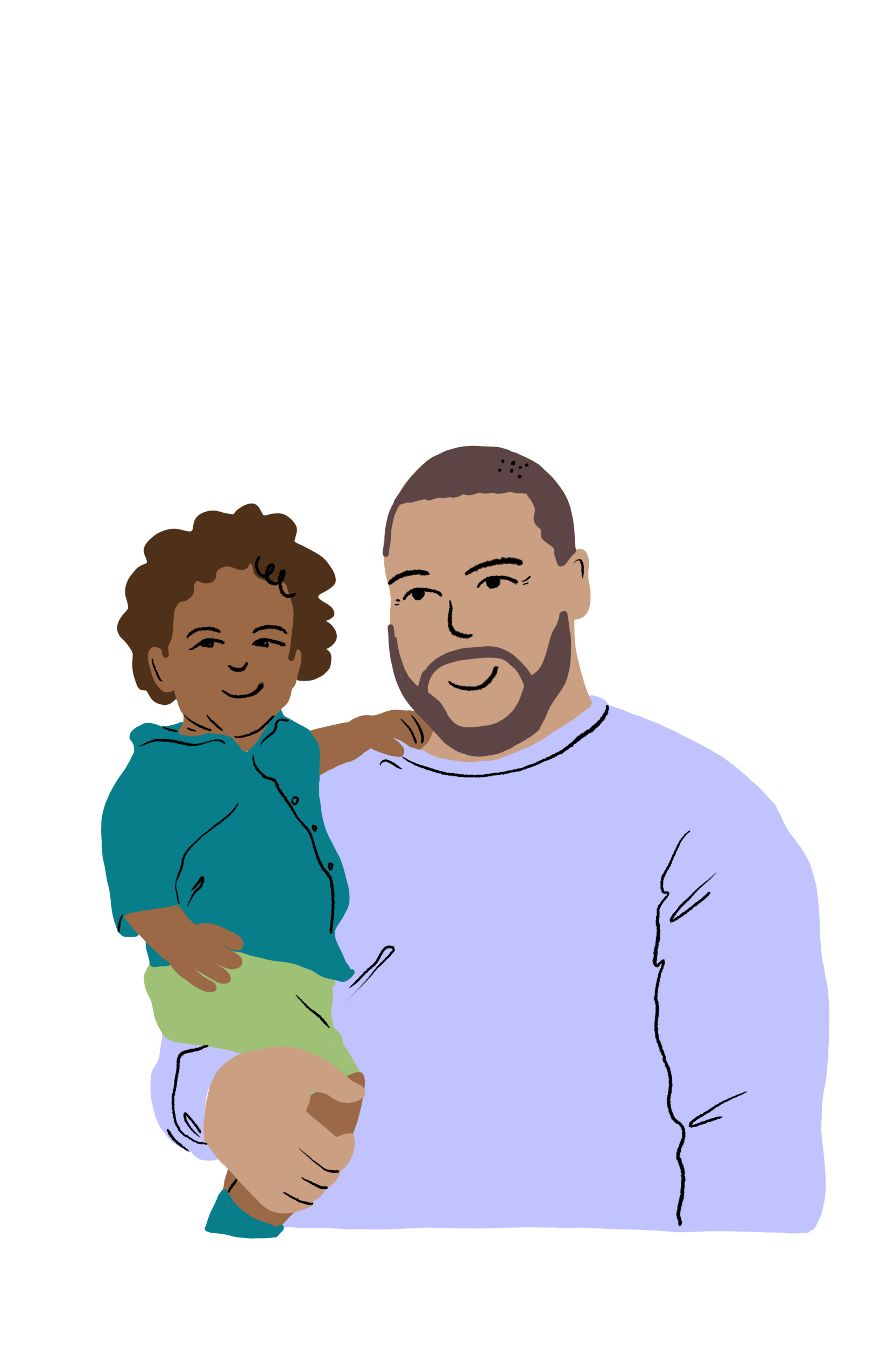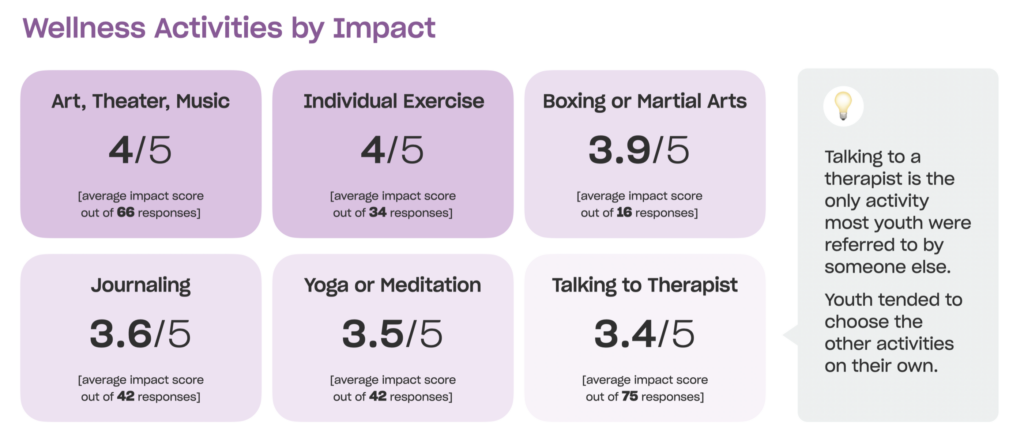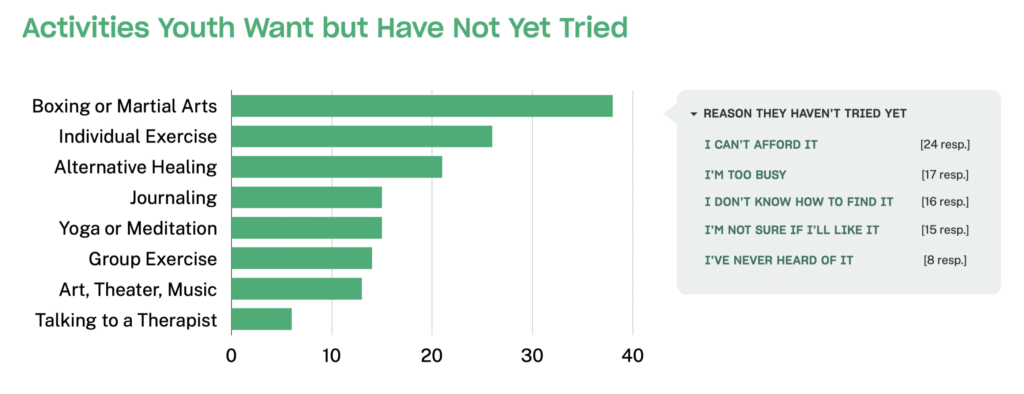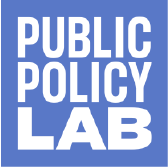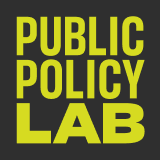Soul Care
How can young people in foster care have access to more culturally responsive mental health and wellness offerings?
Partners & Funders
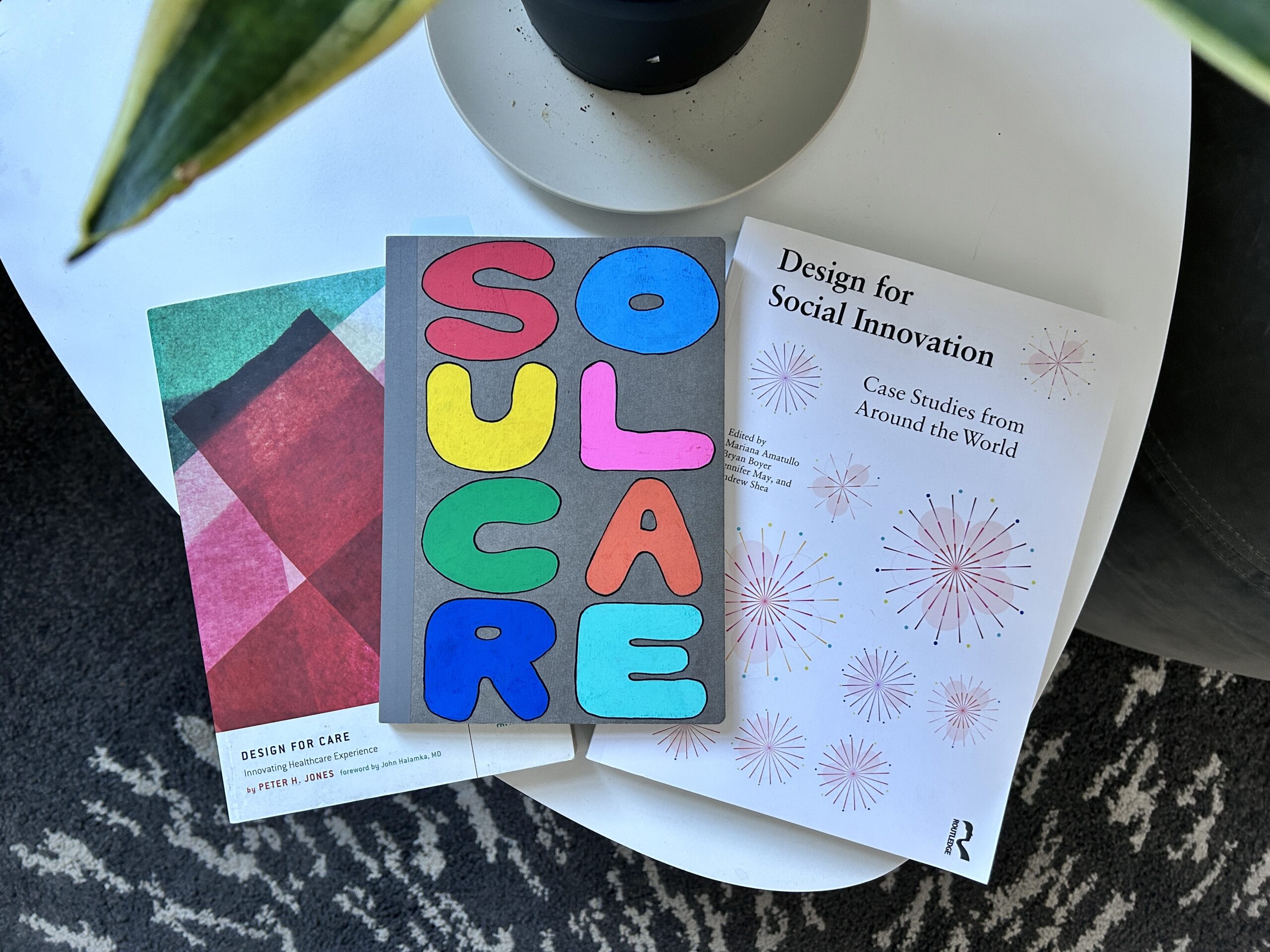
The Project
Young people in foster care in New York City often struggle to access culturally responsive, long-term mental health services. PPL is partnering with four organizations on a three-year project to enhance and diversify mental health and wellness offerings for foster youth.
The Outcome
In collaboration with foster youth themselves, we will design programs, tools, and communications to increase access to services, to support mental health-based organizations in scaling their operations, and ultimately to improve mental health outcomes for foster youth in NYC.
Soul Care

How can young people in foster care have access to more culturally responsive mental health and wellness offerings?
Partners & Funders
The Project
Young people in foster care in New York City often struggle to access culturally responsive, long-term mental health services. PPL is partnering with four organizations on a three-year project to enhance and diversify mental health and wellness offerings for foster youth.
The Outcome
In collaboration with foster youth themselves, we will design programs, tools, and communications to increase access to services, to support mental health-based organizations in scaling their operations, and ultimately to improve mental health outcomes for foster youth in NYC.


